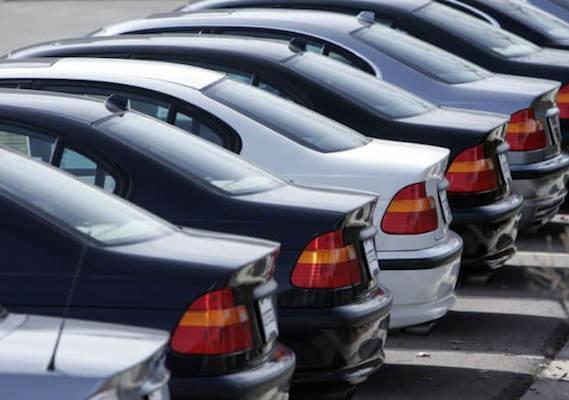Pakistan’s auto industry, particularly Japanese manufacturers, is pushing back against the government’s plan to allow the commercial import of five-year-old used cars, set to be implemented from October 1, 2025. Industry representatives, including Original Equipment Manufacturers (OEMs) and auto parts vendors, have expressed concerns about the policy’s impact on the domestic market.
As per reports, the Pakistan Association of Automotive Parts & Accessories Manufacturers (PAAPAM) has also raised concerns about the uneven playing field, pointing out that local standards, such as the WP29 regulations, apply only to domestically manufactured cars, while no such quality checks are imposed on imported used vehicles. This puts the local industry at a disadvantage.
Under the proposed tariff policy, the Japanese auto companies are expected to face challenges, while Chinese firms, especially those focused on electric vehicles (EVs), are seen as less affected due to their product lines centered on EVs.
Currently, Pakistan’s new car market stands at approximately 200,000 units annually, with around 40,000 used cars being imported each year.
Industry experts argue that further relaxation of import conditions for used cars could harm the domestic market by reducing access for local manufacturers, who are already facing low production volumes and difficulties in attracting new investment.
The industry also expressed concerns over the rising cost of Internal Combustion Engine (ICE) vehicles due to new carbon taxes and quality regulations, which could make EVs seem more viable despite their higher costs.
Experts say that these measures may artificially inflate the prices of locally manufactured vehicles, making them unaffordable for a large segment of the population.
In response to these concerns, the government has formed a joint committee comprising members from the Pakistan Automotive Manufacturers Association (PAMA) and PAAPAM. The committee is tasked with drafting a balanced policy on used car imports.
The Minister for Planning and Development, Jam Kamal, stated that the government is developing a strategy to support the growth and export of the auto sector, with a goal to eventually export cars like tractors and motorcycles.
He also mentioned that tariffs on the auto industry would be gradually reduced over the next five years. The minister emphasised that all imported used cars must meet environmental and quality standards, and noted that the recent tariff reduction agreement with the United States has opened new export opportunities for Pakistan’s auto sector.




